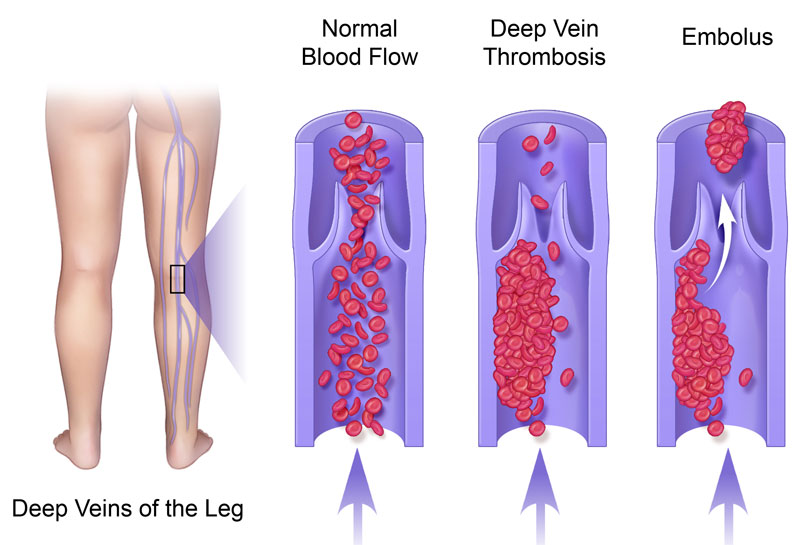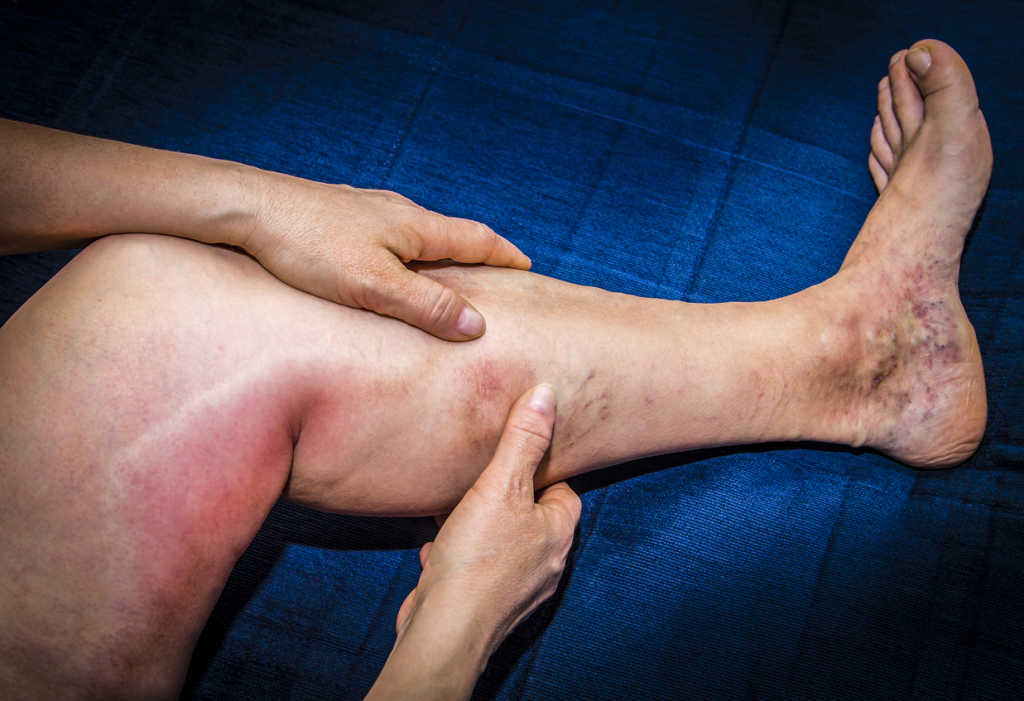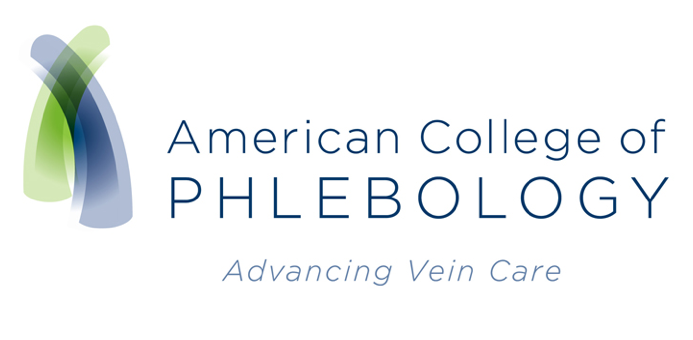Deep Venous Thrombosis (DVT)
Conditions > Bondi Vein Clinic

What are Deep Venous Thrombosis (DVT)?
Deep vein thrombosis (DVT) is a blood clot (thrombus) in a deep vein, usually in the legs but can also develop in other areas such as the arm or pelvic veins. These clots are dangerous and require medical attention right away because they can break loose, travel through the bloodstream to the lungs, and block blood flow in the lungs causing life threatening pulmonary embolism (PE) which is often life-threatening. DVT can also lead to long-lasting problems of the vein leading to ongoing leg ache, swelling and colour change.
What are Deep Venous Thrombosis (DVT)?
Deep vein thrombosis (DVT) is a blood clot (thrombus) in a deep vein, usually in the legs but can also develop in other areas such as the arm or pelvic veins.. These clots are dangerous and require medical attention right away because they can break loose, travel through the bloodstream to the lungs, and block blood flow in the lungs causing life threatening pulmonary embolism (PE) which is often life-threatening. DVT can also lead to long-lasting problems of the vein leading to ongoing leg ache, swelling and colour change.
Symptoms of Deep Venous Thrombosis (DVT)?
Some symptoms of Deep Venous Thrombosis (DVT) that you may experienced include;

Symptoms of Deep Venous Thrombosis (DVT)?
Some symptoms of Deep Venous Thrombosis (DVT) that you may experienced include;
Causes of Deep Venous Thrombosis (DVT)?
Some causes of Deep Venous Thrombosis (DVT) that you may experienced include;
Causes of Deep Venous Thrombosis (DVT)?
Some causes of Deep Venous Thrombosis (DVT) that you may experienced include;

Services we offer to treat the condition of Deep Venous Thrombosis (DVT)?
If there is a suspicion of the presence of a DVT, an ultrasound examination needs to be performed without delay to establish the diagnosis, location and the extent of the thrombus.
Other tests that may be required, if applicable and not necessarily in the first instance, are: blood tests to help the diagnosis and follow up as well as tests to establish any hereditary conditions leading to DVT. Treatment involves the initiation of anticoagulation through injection medication or via oral tablets depending on the condition of the patient and ongoing monitoring through review and repeated ultrasound examinations. The length of time needed to stay on the medication will be determined by the doctor.

Services we offer to treat the condition of Deep Venous Thrombosis (DVT)?
If there is a suspicion of the presence of a DVT, an ultrasound examination needs to be performed without delay to establish the diagnosis, location and the extent of the thrombus.
Other tests that may be required, if applicable and not necessarily in the first instance, are: blood tests to help the diagnosis and follow up as well as tests to establish any hereditary conditions leading to DVT. Treatment involves the initiation of anticoagulation through injection medication or via oral tablets depending on the condition of the patient and ongoing monitoring through review and repeated ultrasound examinations. The length of time needed to stay on the medication will be determined by the doctor.







